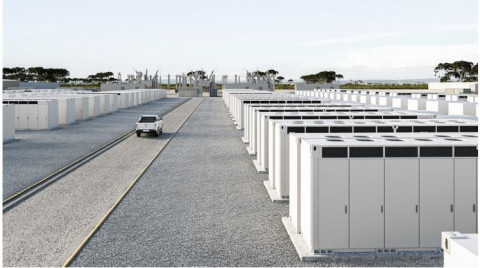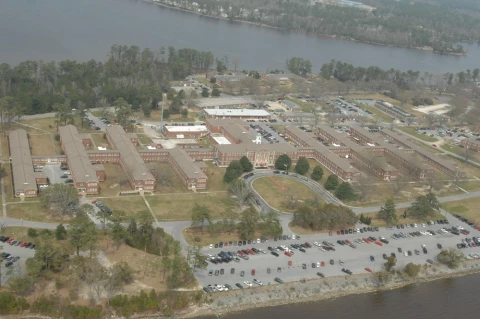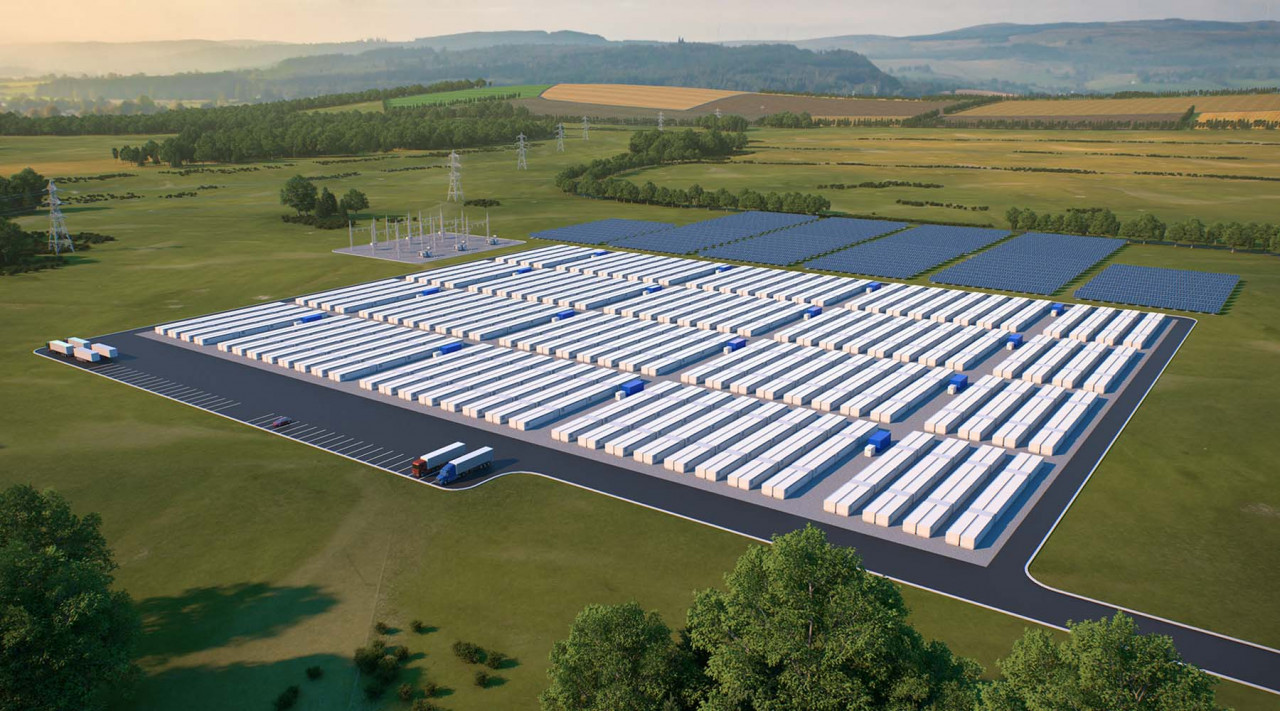Form Energy has received $30 million from the California Energy Commission (CEC) to build a project capable of discharging energy for 100 hours.
The company will use the money to build a 5 MW/ 500 MWh iron-air battery storage project at a substation belonging to the utility company Pacific Gas & Electric (PG&E). Form Energy will use the grant funds to develop and operate the project, while PG&E will provide land and an interconnection point at the substation site. The project, which is expected to come online by the end of 2025, is Form Energy's first project in California and will be the largest long-duration energy storage facility in the state.
In a release, the company said the project would be used to "demonstrate the effectiveness of multi-day energy storage to help California meet its renewable energy and zero carbon resource goals, while ensuring electric reliability and affordability."
Form Energy has already contracted to build 10 MW / 1,000 MWh iron-air batteries at Xcel Energy's coal plants in Minnesota and Colorado, and a 15 MW/ 1,500 MWh battery serving Georgia Power. The company claims its systems are cost-competitive with conventional power plants and cost less than 10 percent the price of lithium-ion battery systems.

Australian state starts work on A$1 billion 600 MW BESS project in Melbourne
Yahui Yang, a mechanical engineer with the CEC's energy research and development division, said at an agency meeting that Form Energy's proposed project would address multiple challenges facing the Golden State's grid, including issues of reliability, resiliency, affordability and decarbonization.
California's increasingly renewable-fueled grid has also been facing problems of energy curtailment, which is when renewable projects intentionally reduce output to avoid overloading the grid. Last year, the state curtailed as much as 2.4 TWh of electricity from wind and solar projects.
"Energy storage — particularly long-duration energy storage — can mitigate this issue and further reduce the cost of renewable energy," Yang said.
Mateo Jaramillo, Form Energy's CEO and co-founder, said in an email, "This project will prove a technology that can provide reliable, firm capacity to the grid every day, even during multi-day periods of extreme weather or during renewable energy lulls, which will support grid reliability and local grid resilience."
He added that the company's battery would be able to provide back-up power during black-outs, or wildfire-related outages.
The CEC's grant, approved last week, was one of three approved by the CEC as part of its long-duration energy storage program, which seeks to support alternatives to lithium-ion batteries.
In May, Form Energy held a groundbreaking ceremony in West Virginia, USA, for the construction of Form Factory 1. The company aims to manufacture its propriety iron-air battery technology and energy storage systems for long-duration energy storage (LDES) applications.

US utility disconnects CATL batteries citing security concerns, sparking row
Read More

